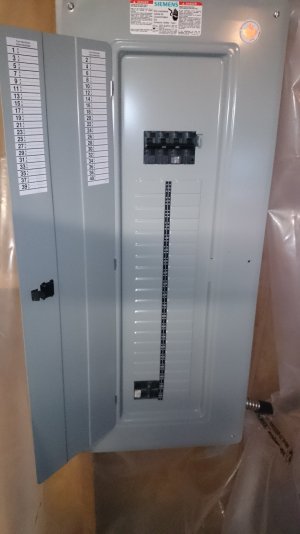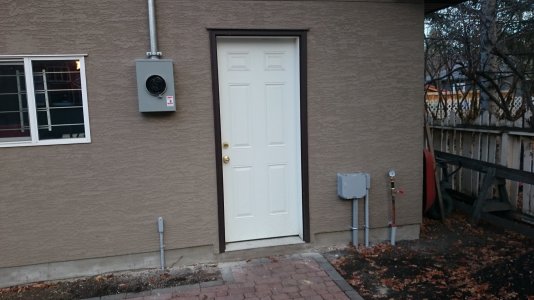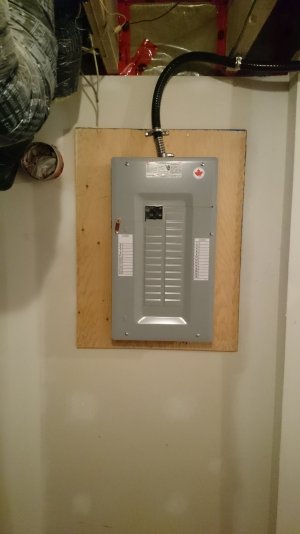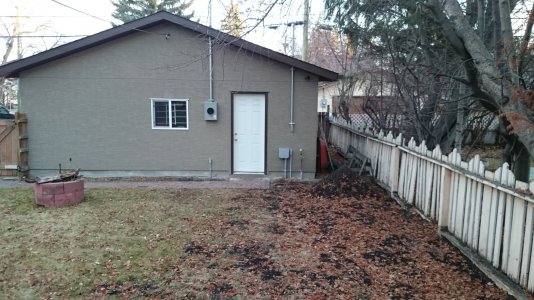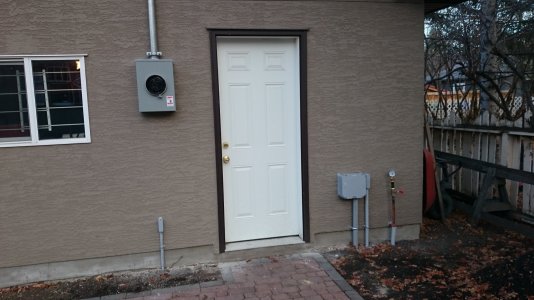quality of the materials would be better
They generally have the major brands, but also the industrial brands. For instance, using an industrial 20A outlet instead of a 20A big box one will cost you around triple, but they are very well made, and there a relatively few to install. I consider spending the extra as good peace of mind...
They also stock the breakers you will need at slightly inflated prices.
For 220V 40/50A I use big box store stove or dryer outlets, as they are very inexpensive, and I only pump 40 Amps through them any way.
For long lead ins, for 220V 50A I wait for Princess Auto to put the 50A welding extension cords on sale, usually around 40% off, and use them for lead ins to big lathes or phase converter. It turns out cheaper than buying the receptacles and getting 50A flex cord by the foot...
One word of caution: the way our code works, there's nothing stopping you from plugging a puny 12 watt desk lamp into a 220V 50Amp circuit on the 110V legs. Perfectly legal. Not recommended. However it will cost you a *fortune* to exactly match plugs to intended use. I currently have 220V15A, 220V 20A twist lock 220V 40A 220V 50A, 110v 20a AND 110v 15A plugs. this has cost me more than it should.
For instance choose to use one type of 110V circuit, say 110V 20A, and then split the wiring between upper and lower plugs. Use plenty of circuits to avoid overloading.
For 220V, I suggest you go to just 2 plug types and live with that - 20A 4 wire and 50A 4 wire. I say 4 wire so you can separate out the 110V legs if needed. (Yes it will cost you a little more, but is saves a lot of frustration and works out cheaper in the long, long run).
FYI Ive been doing wiring for 45 years, some industrial 3 phase, and did wiring for a master electrician for quite a while, and he'd come and check my work and pull the permit. I don't know everything, but these suggestions have come from wiring 4 shops, and learning from the mistakes I've made.
I hope this helps

